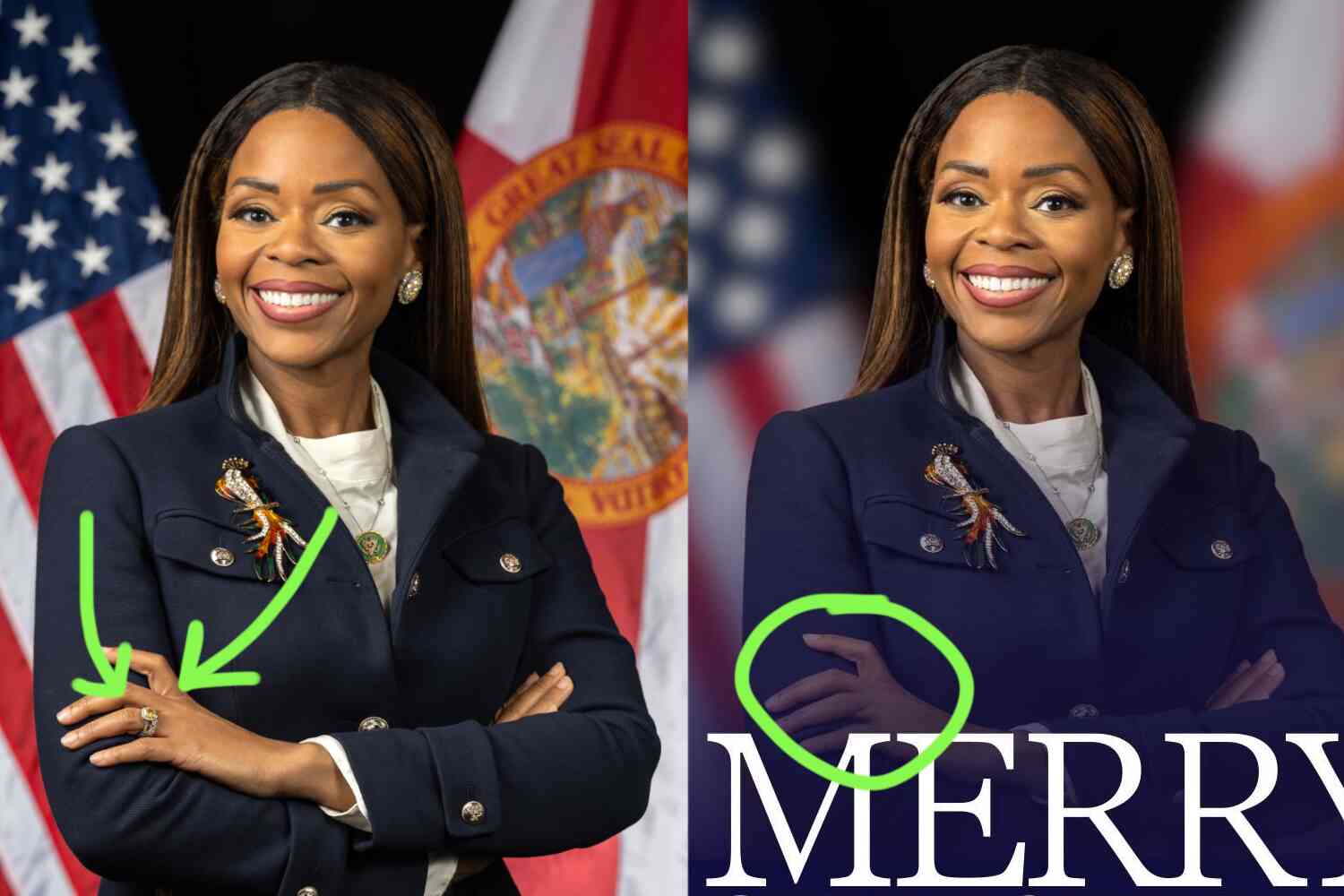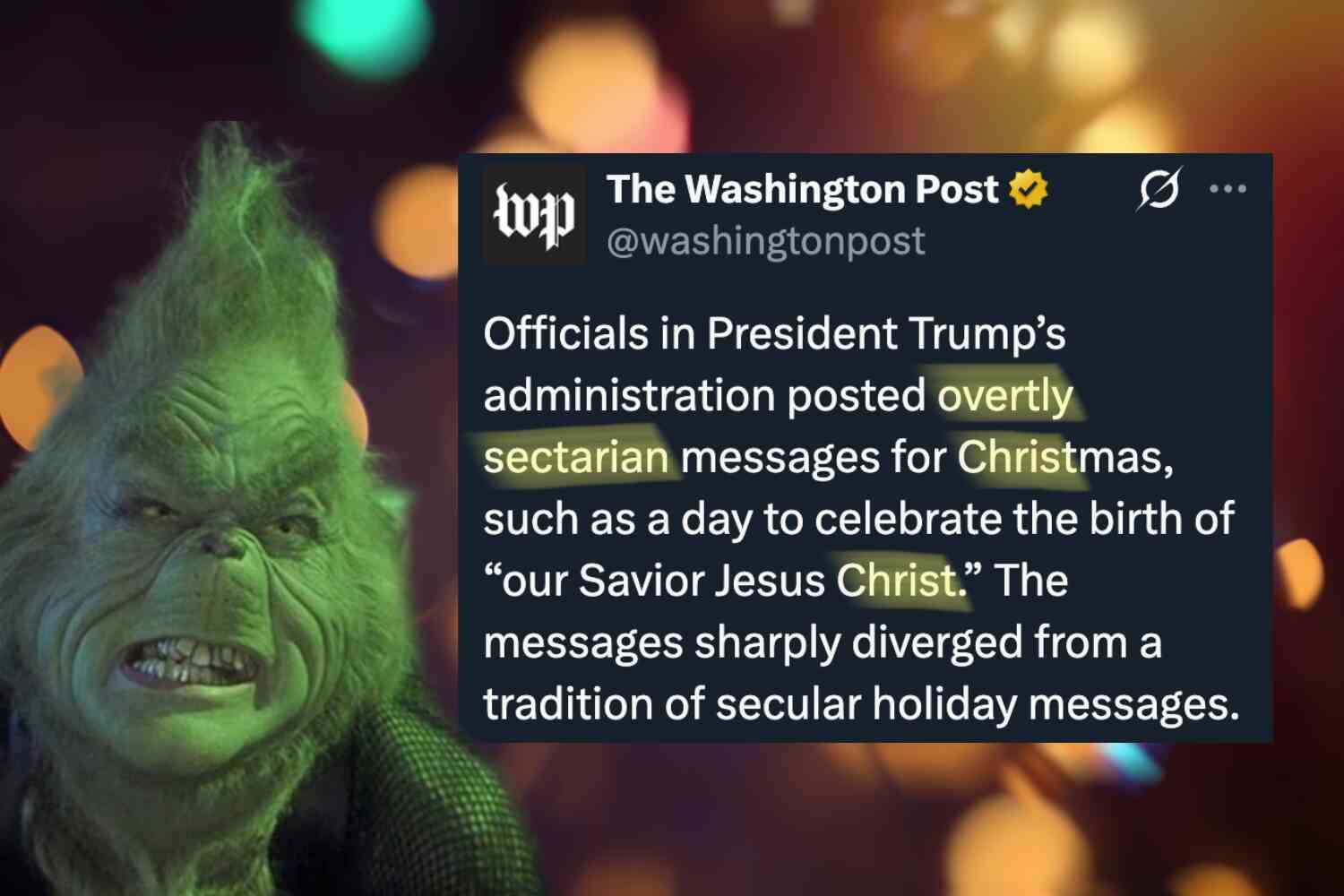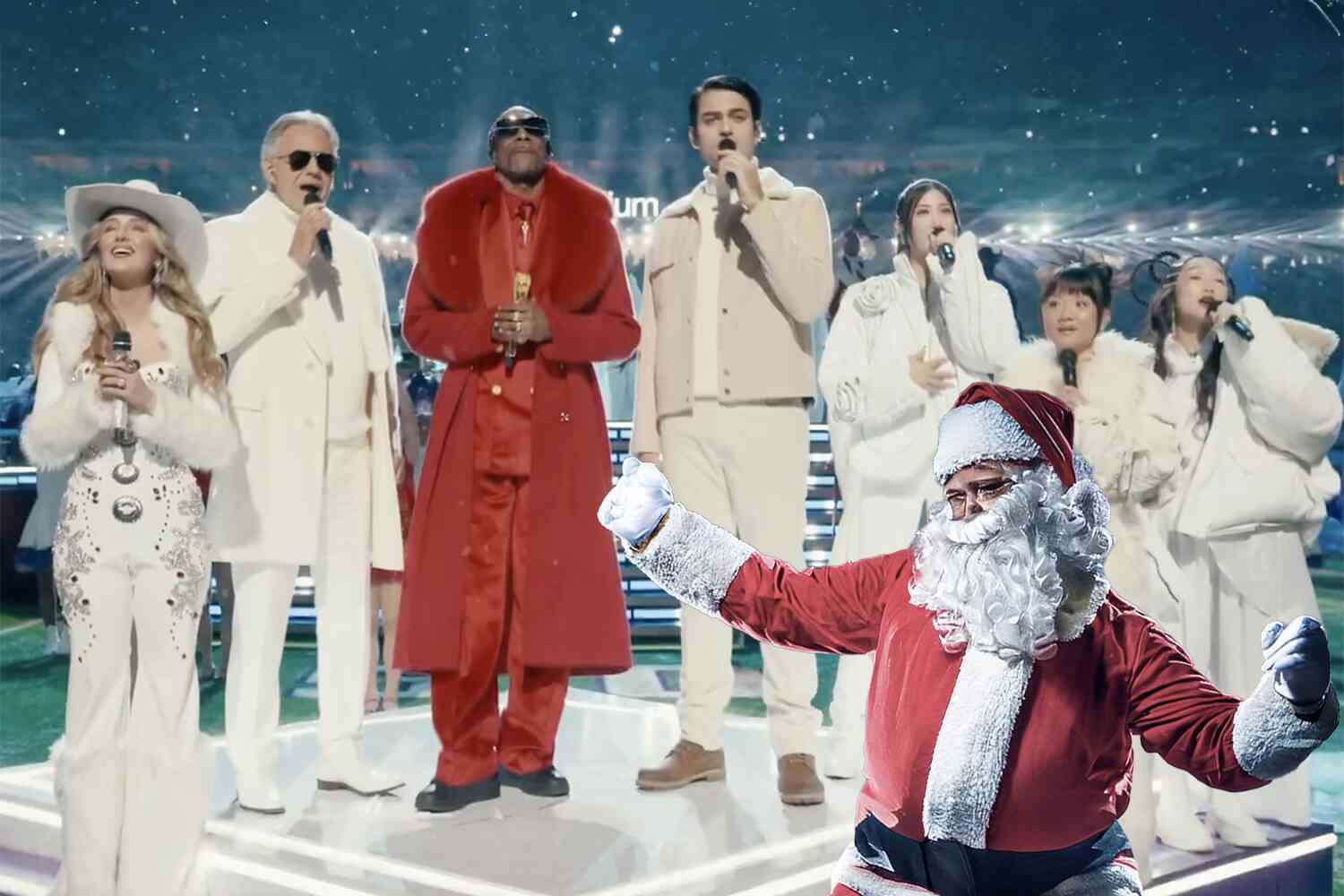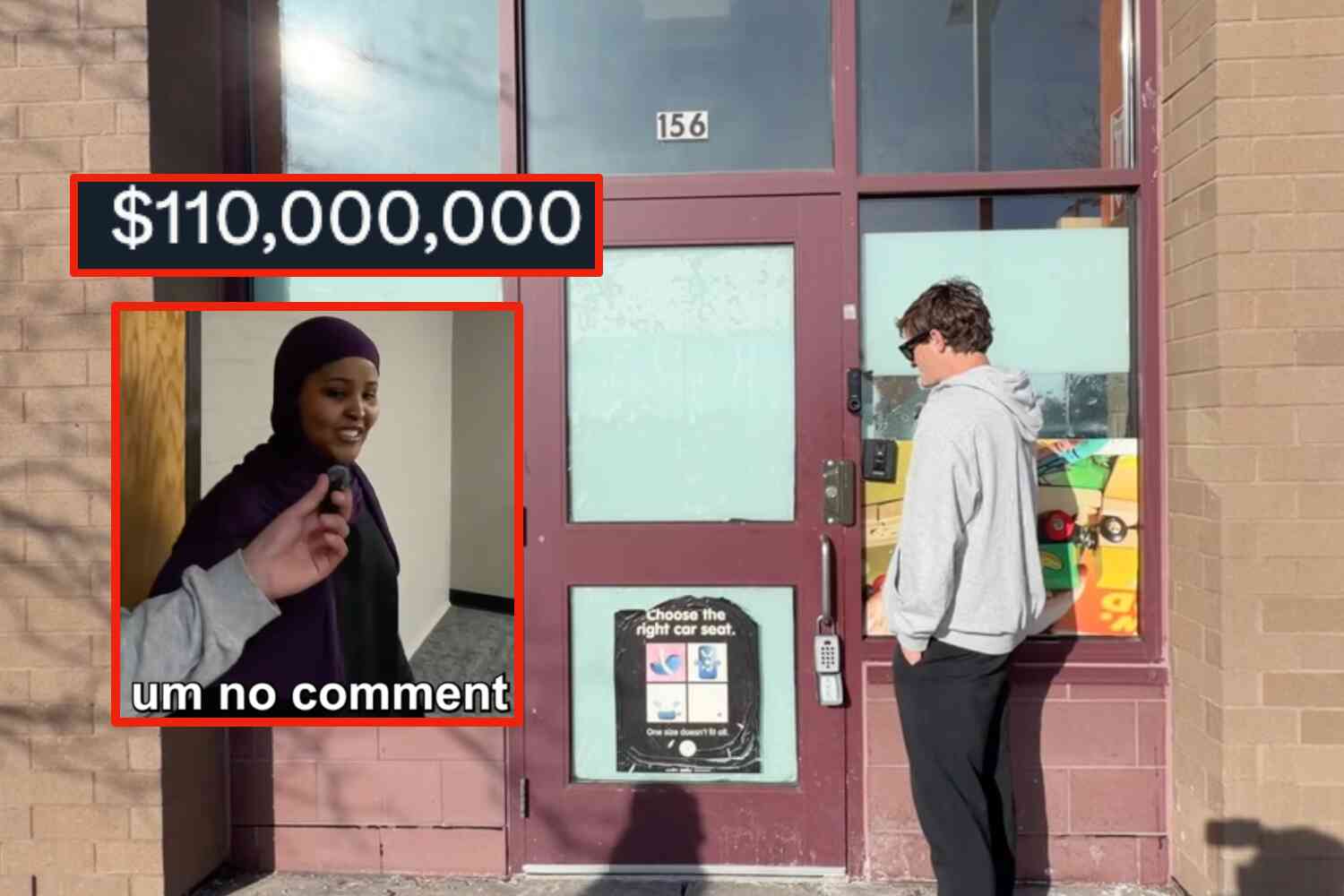In early June, Newsweek was among the first to report on the emerging unpopularity of so-called critical race theory in America. According to the data, a significant majority of Americans, 58%, held a negative view of the theory and its companion curriculum, designed to replace how and what the country's public schools teach about the topic of race.
"The Economist/YouGov poll released on Wednesday showed 58 percent of Americans polled find the controversial curriculum somewhat or very unfavorable. Only 38 percent said they viewed critical race theory favorably."
After a handful of other polls and surveys revealed similar numbers, it was anything but difficult to anticipate what the controversial movement's response was going to be: distort, distract, divert. It's a time-honored tradition in the shallow arts of popularity-chasing that when your cause is disliked, the most effective reaction is to launch of public relations campaign accusing opponents of misrepresentation:
- "True communism has never been tried. What you're arguing against is Stalinism, and that's different."
- "Democratic socialism is not the same thing as socialism. You should know what you're talking about before you start criticizing."
- "Antifa is short for anti-fascism. Our soldiers at Normandy were the first true Antifa members, so it's interesting you oppose that."
So no one should be surprised by the latest iteration of this strategy:
Got it? If you oppose critical race theory, it's not because you have sincere ideological or philosophical concerns, it's because you aren't smart, haven't done your homework, and don't understand what it is.
Granted, some of the efforts on the right to discredit CRT have included public calls that play directly into this illegitimate defense. For all his tireless and invaluable work in exposing the dark underbelly of the neo-racism inherent in the theory, this statement from investigative journalist Christopher Rufo has been an unfortunate gift to the very movement he is valiantly battling:
Publicly stating a desire to tag CRT with every negative thought or idea that will engender rage and anger from the American public doesn't exactly reek of intellectual honesty. Of course, let's not pretend the same problematic tactic isn't being embraced on the left:
So where do we go from here? I understand the impulse on the right is to seek legislative solutions in the form of CRT curriculum "bans." But let's not ignore that this approach is fraught with ideological landmines:
- Current legislative bans are painfully vague and virtually unenforceable
- The pendulum of government censorship will swing back with a vengeance
- It solidifies and consolidates the opposition, offering a freedom-fighter motivation that is as effective as it is illegitimate
Though I don't harbor any delusions that I have all the answers, I would humbly suggest a different tactic for those of us who believe all racism, including the kind inspired by CRT, is evil and anathema to our pluralistic society.
Rather than waging war against what is becoming an amorphous phrase ("critical race theory") that both sides are defining in a way that benefits their political agenda, let's talk specifics.
- What is the actual problem we are trying to solve?
- What are the assessments we will use to measure how effective our solutions are?
- Is it beneficial to group people by race and color?
- What labels are appropriate to use when grouping people, and who will determine that?
- Is being white inherently bad?
- How do you measure things like "privilege?"
- Can racism ever be directed towards the majority race? If not, what definition of racism are we to use?
- Is envy a productive impulse or something to be discouraged?
- Is vengeance an appropriate motivation to achieve justice?
- Is unity an admirable objective?
Forcing public officials – everyone from preachers to teachers, administrators to lawmakers – to offer their honest perspective on those kind of fundamental questions will be far more beneficial than allowing them the wiggle room afforded by nebulous catchphrases that become as pliable as Gumby himself in the hands of political operatives.
Everyone will say they want a fair and equal society. But the specifics of how they believe it will be achieved is what really matters; so perhaps we should start talking about that?
Disclaimer: The opinions expressed in this article are those of the author and do not necessarily reflect the opinions of Not the Bee or any of its affiliates.









